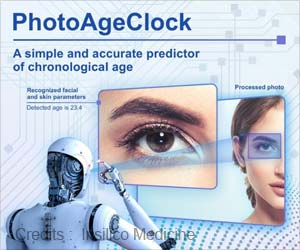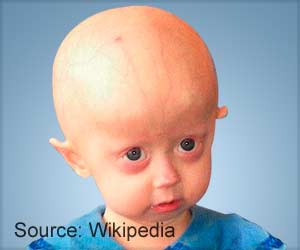The emergence of the longevity biotechnology industry has brought many biotech and pharma companies and academic research institutions to the longevity landscape, and now one of the key trends accelerating the field is recent advances in artificial intelligence.

TOP INSIGHT
Insilico Medicine is dedicated to extending human longevity.
"We came up with several very important realizations. First, age is one of the most abundant biological features, and when your data looks like Swiss cheese, age is present. Second, Deep Learning (DL) age predictors are a great way to integrate previously incompatible data types, such as videos and blood test results.
Third, the generation of new biological data using Generative Adversarial Networks (GANs), with age as a generation condition, is a great way to produce high-quality synthetic data. Also, it is possible to view aging as a staged disease to get a holistic view of the biological process on both tissue-specific and systemic levels, which makes the Deep Neural Networks (DNNs) more interpretable, builds causal graphs, and identifies biological targets.
Moreover, it is possible to train the DNNs on age and retrain the model on specific diseases. Also, it is possible to use biological aging clocks to personalize immunotherapies and vaccinations and to identify new ways to improve response rates. The paper outlines these realizations and presents a way to accelerate aging research using AI technologies", said Alex Zhavoronkov, Ph.D., founder and CEO of Insilico Medicine, who led the study.
Source-Eurekalert
 MEDINDIA
MEDINDIA




 Email
Email










